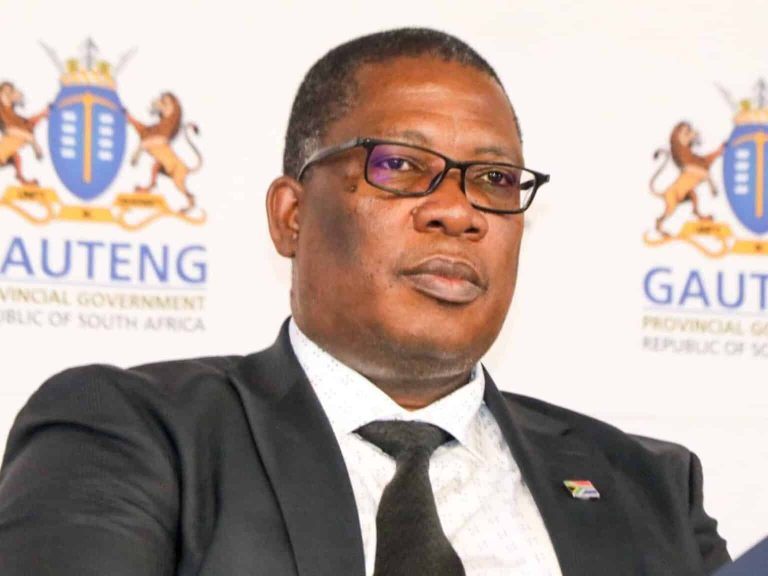
African leaders have warned that the continent needs more than $3 trillion by 2030 to implement its climate plans, yet received only about $30 billion in 2021–2022, underscoring a vast finance gap that threatens adaptation and green development.
In a draft summit declaration at the Second Africa Climate Summit (ACS2) in Addis Ababa, heads of state and government demanded urgent reforms to global climate finance.
The leaders rejected the view that existing international pledges are sufficient. They said the New Collective Quantified Goal (NCQG), which sets a floor of roughly $300 billion a year for developing countries within a wider ambition to scale finance, falls far short of Africa’s needs and must be matched with easier access to concessional finance, debt restructuring and dedicated resources for adaptation, loss and damage.
The summit reaffirmed Africa’s green-industrial ambitions: a continent-wide target to expand renewable capacity to 300 GW by 2030, plus new continental initiatives to mobilise finance and support climate solutions. Delegates announced plans to scale up investment, including a proposed Africa-wide climate innovation compact and calls to mobilise tens of billions annually to back deployment and jobs in clean energy.
The declaration frames climate action as security and development policy: climate change is a “risk multiplier” that threatens resources, stability and livelihoods.
The leaders vowed to finalise the summit declaration and press their demands at the UN climate process and COP30, calling on developed countries, multilateral banks and private investors to deliver predictable grant-based finance, faster operationalisation of the Loss & Damage Fund, and concrete partnerships to drive green industrialisation across Africa.
They further called for funding that is fair, accessible and affordable, emphasizing that support should come mainly as grants, not loans, to avoid worsening Africa’s debt burden and to ensure timely, equitable disbursement.



